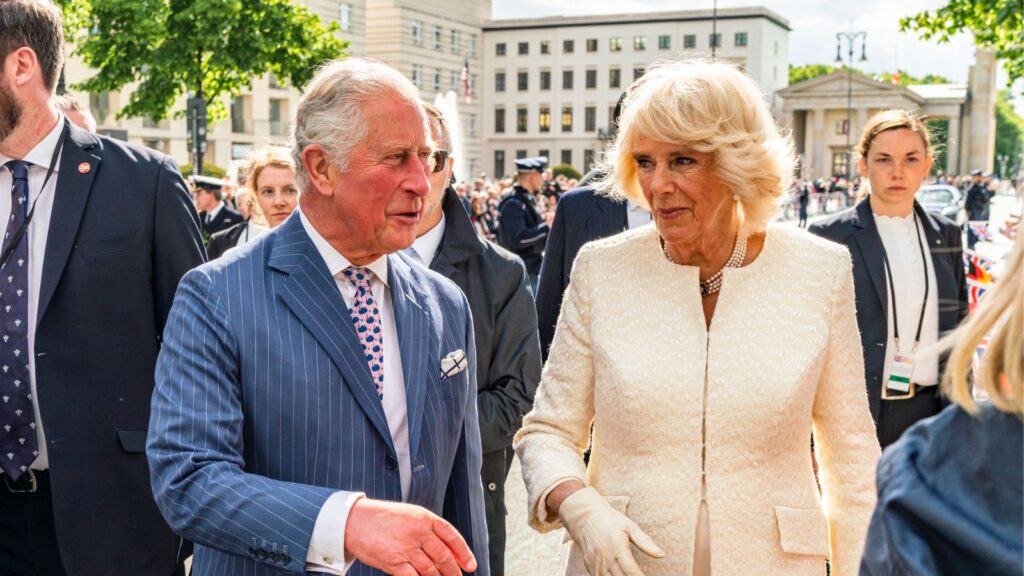The British Monarchy has long been a symbol of tradition and stability, yet, in recent years, many people have begun to question its relevance. Various social, cultural, and political shifts have led to growing scepticism about the role and necessity of the monarchy in modern Britain. Here are 19 reasons behind this decline in royal relevance.
Financial Burden

“The taxpayer-funded settlement, known as the Sovereign Grant, is paid annually,” says the BBC. The cost of maintaining the royal family is a frequent point of contention, as critics argue that the monarchy is an unnecessary financial burden on taxpayers, especially during times of economic hardship.
Changing Public Opinion

Over the years, public opinion about the monarchy has shifted dramatically. Many younger people question the need for a royal family, seeing it as an outdated institution. Surveys indicate that a significant portion of the population supports reducing the monarchy’s role or abolishing it entirely.
Scandals and Controversies
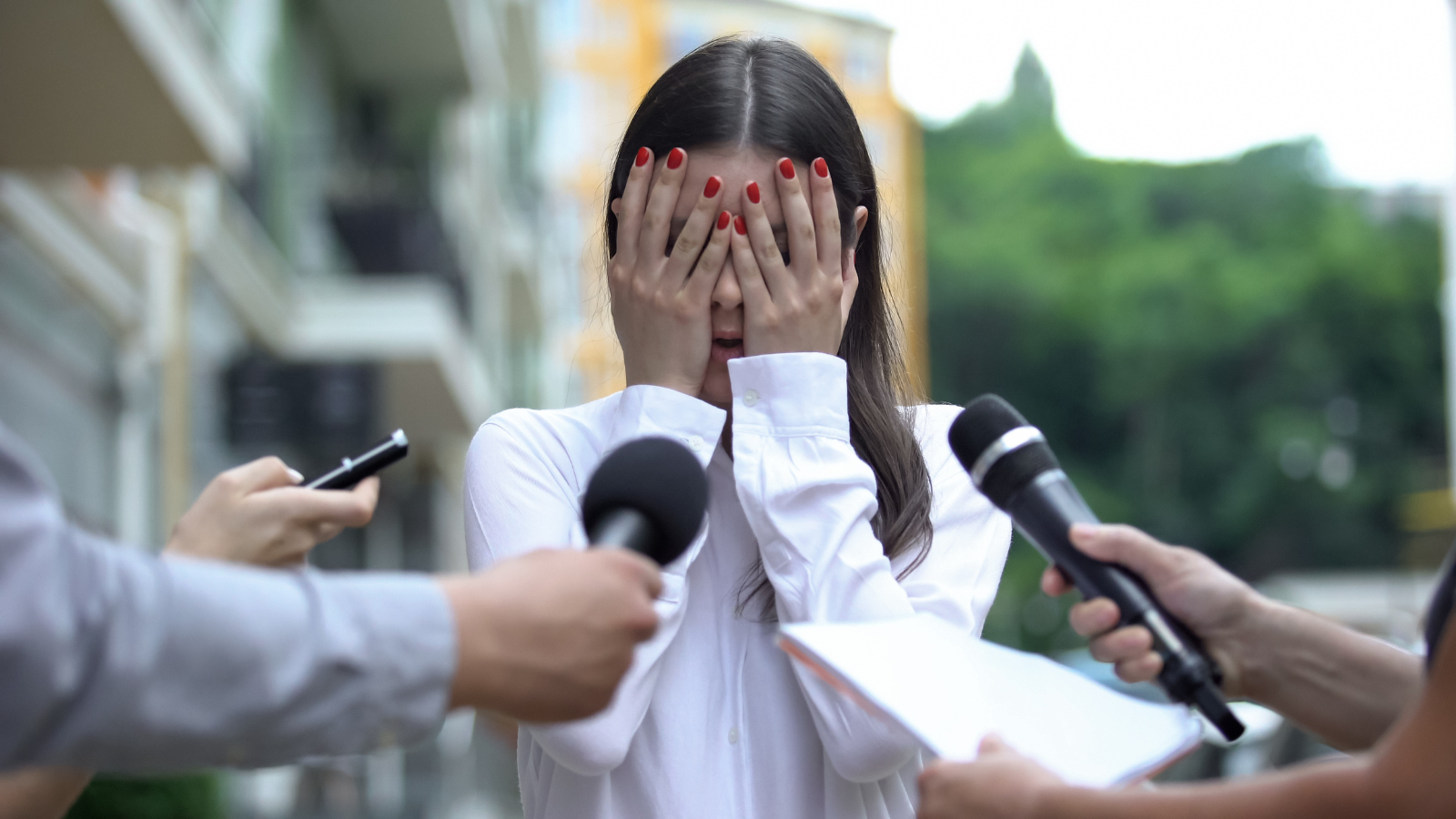
Numerous scandals and controversies have plagued the royal family over the years, tarnishing its image. From Prince Andrew‘s association with Jeffrey Epstein to various marital issues, these incidents have eroded public trust and admiration. The constant media scrutiny and public outrage surrounding these events have significantly impacted the monarchy’s reputation.
Lack of Political Power

In modern Britain, the monarchy holds very little political power. While the King has certain ceremonial duties, actual governance is conducted by elected officials. This limited role makes the monarchy seem more like a symbolic relic than an active participant in the country’s political life.
Cultural Irrelevance
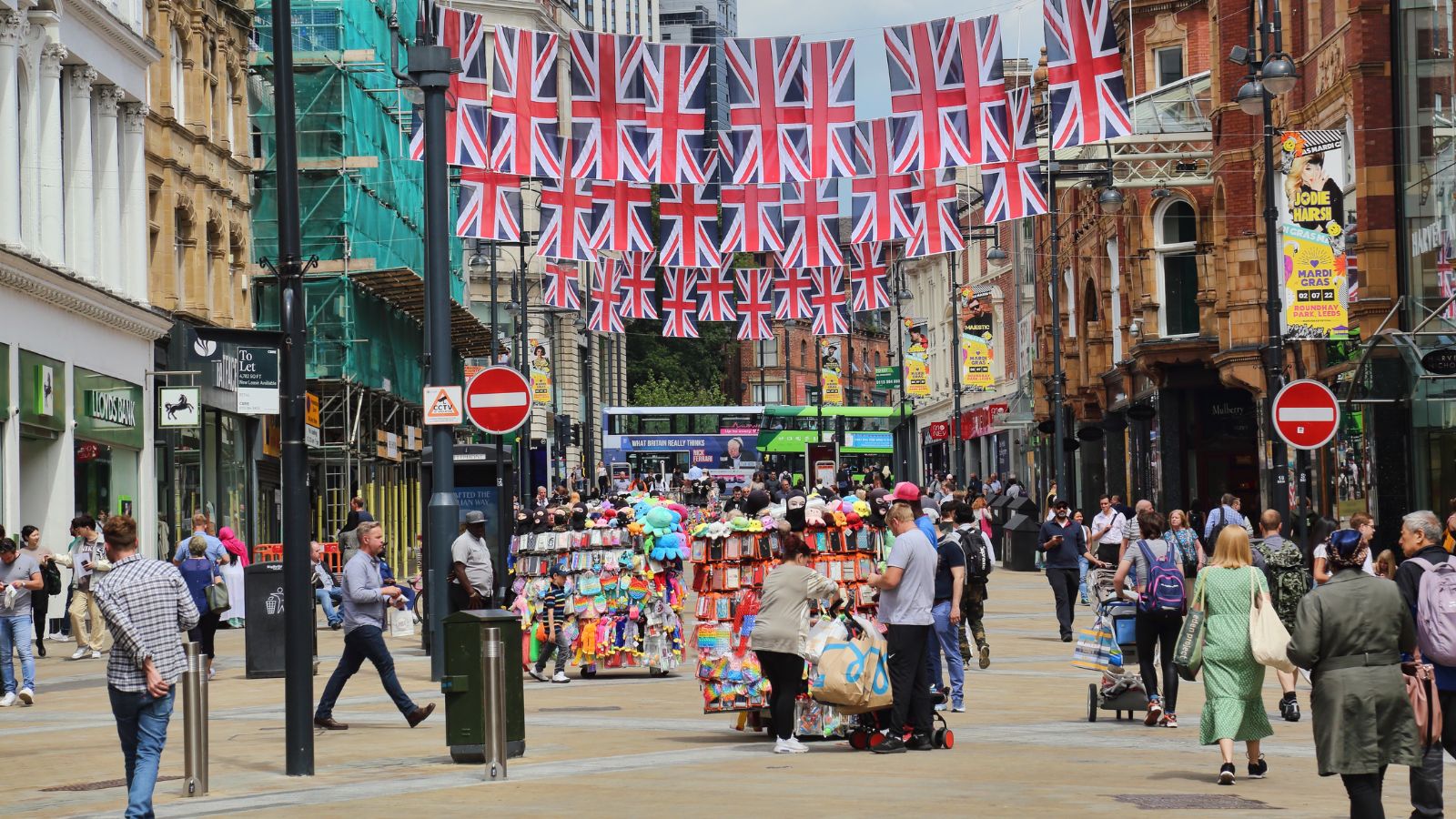
As British society becomes increasingly diverse and multicultural, the monarchy can seem out of touch with contemporary values. The traditional—and often insular—nature of the royal family contrasts sharply with the dynamic and inclusive culture of modern Britain. This cultural gap makes it harder for the monarchy to resonate with many people.
Media Saturation

The constant media coverage of the royal family can be a double-edged sword. While it keeps them in the public eye, it also leads to overexposure, and people can become weary of the endless news cycles focusing on royal affairs. The monarchy seems more like a soap opera than a revered institution.
Rise of Republicanism
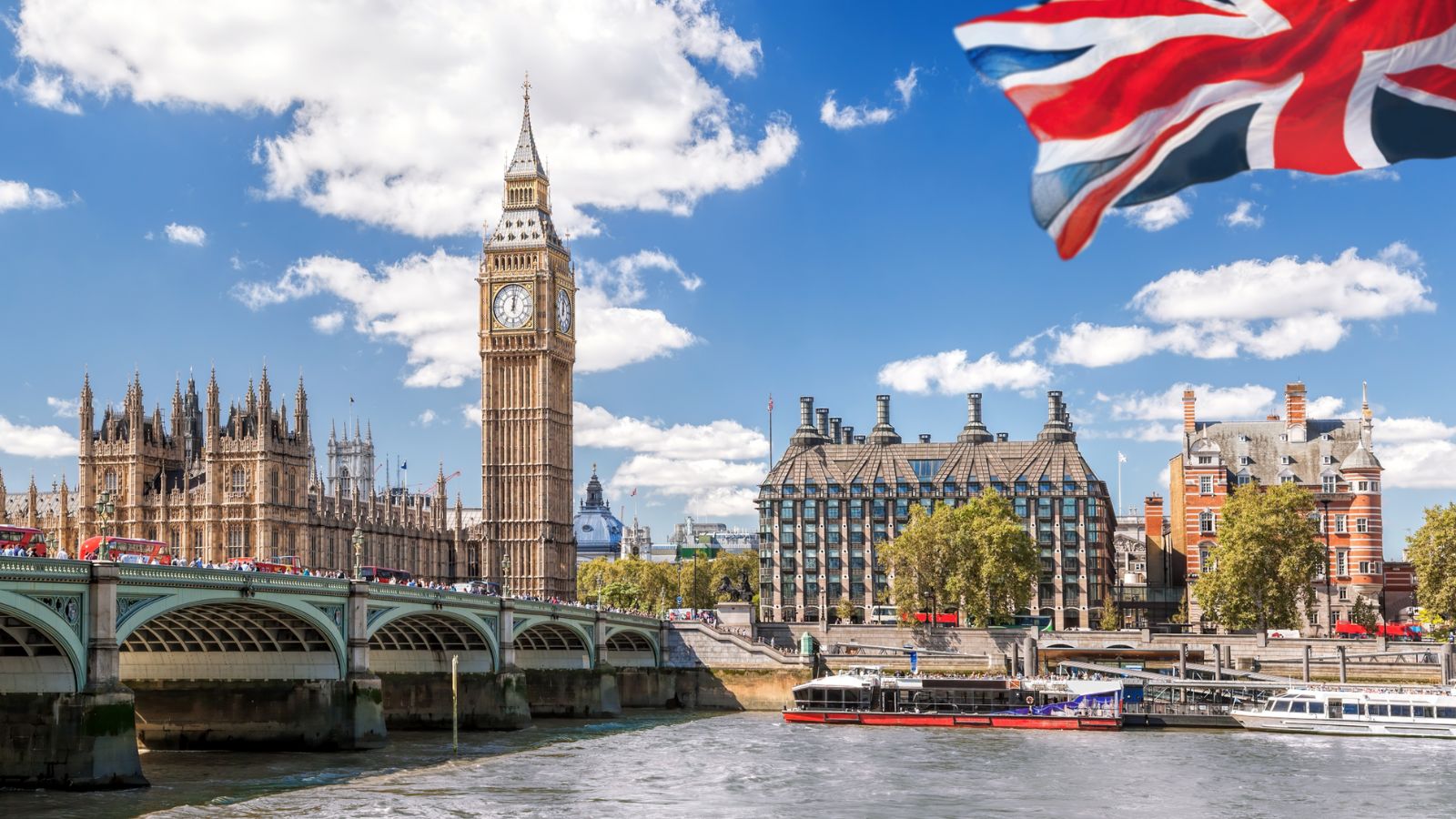
Gaining traction in recent years, the republican movement advocates for the abolition of the monarchy and campaigns for a democratic alternative to the hereditary system. As support for republicanism grows, the monarchy faces increasing pressure to justify its existence in a modern democracy.
Generational Divide

There is a noticeable generational divide in attitudes towards the monarchy. Older generations tend to have a more favourable view of the royal family, often due to nostalgia and tradition. In contrast, younger generations are more critical and sceptical, valuing meritocracy and questioning the fairness of inherited privilege.
Questionable Relevance

Many people also question the practical relevance of the monarchy in the 21st century because, with an efficient parliamentary system in place, the need for a royal figurehead seems redundant. The argument that the monarchy unites the nation and represents continuity is increasingly seen as insufficient.
Globalisation

Globalisation has brought different cultural perspectives to the forefront, leading to comparisons between Britain and republics around the world. Many people view the absence of a monarchy in other successful countries as evidence that Britain, too, could thrive without one.
Celebrity Culture
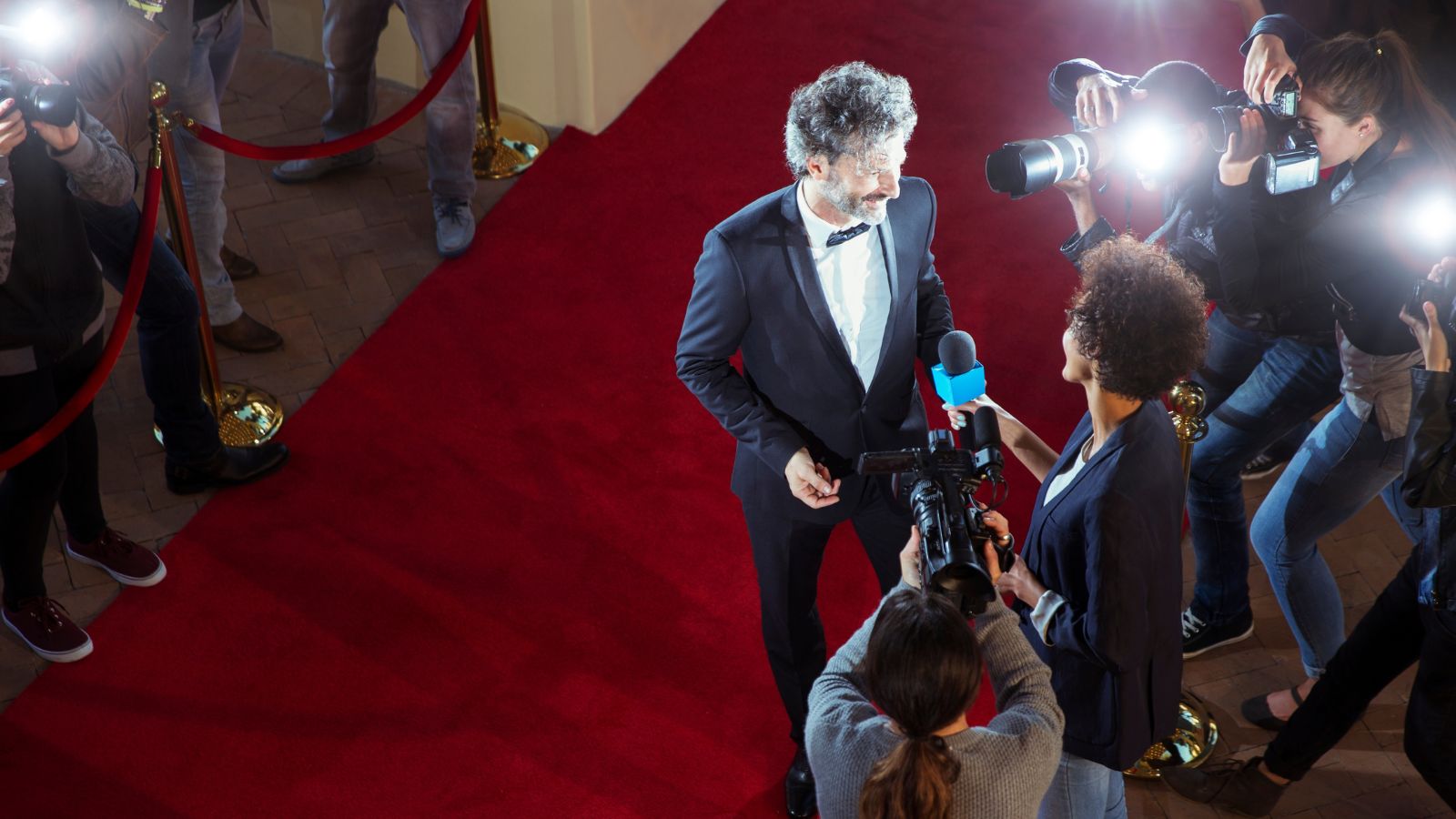
The royal family is often compared to celebrities, blurring the lines between royalty and entertainment. This shift can undermine the traditional gravitas associated with the monarchy, as when royals are featured in gossip columns alongside pop stars and actors, their perceived importance can be diminished.
Privacy Issues

Thanks to their constant presence in the media, the royal family can face significant privacy issues. The intense scrutiny can cause public fatigue and sympathy for the royals, making people question whether such a public lifestyle is sustainable or desirable. This loss of privacy can also humanise the royals, making them seem less like unique figures and more like ordinary people.
Inequality and Privilege

When social justice and equality are highly valued, the monarchy represents an institution based on inherited privilege and this inherent inequality clashes with modern values. The perception of the monarchy as a symbol of entrenched privilege can be particularly jarring in a society striving for equality.
Constitutional Issues

The role of the monarchy in the UK’s constitutional framework is increasingly seen as ambiguous and outdated. While the King remains the head of state, his powers are largely ceremonial. This constitutional ambiguity can lead to debates about the monarchy’s role and relevance.
Public Apathy

A growing sense of public apathy towards the monarchy is evident. For many people, the royal family simply doesn’t impact their daily lives. This indifference can be more damaging than outright opposition, as it reflects a lack of connection and interest that is crucial for the monarchy’s continued relevance.
Historical Baggage

The monarchy carries a significant amount of historical baggage, including associations with colonialism and empire. These historical connections can be problematic in a modern context, leading to calls for the monarchy to acknowledge and address its past, overshadowing present-day contributions.
Modern Communication

The advent of social media and modern communication has changed how people perceive and interact with the monarchy. Direct access to information and the ability to voice opinions online can lead to a more critical and less deferential public. This transparency and instant communication can erode the mystique.
Political Neutrality

In a time when public figures are expected to take stands on social and political matters, the royal family’s neutrality can be perceived as passivity or irrelevance. This stance can alienate those who feel that the monarchy should use its platform to address pressing societal concerns.
Succession Uncertainty

Uncertainty about the future of the monarchy, especially with upcoming successions, adds to the sense of instability and irrelevance. As new generations of royals take the stage, there are questions about how they will adapt to modern expectations and whether they can maintain public support.

